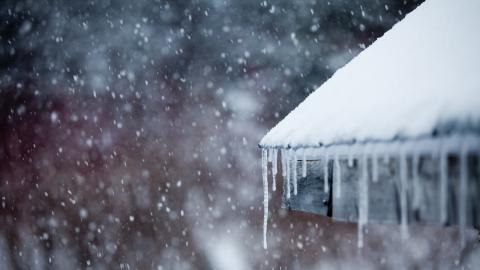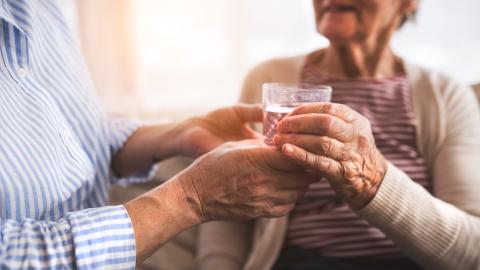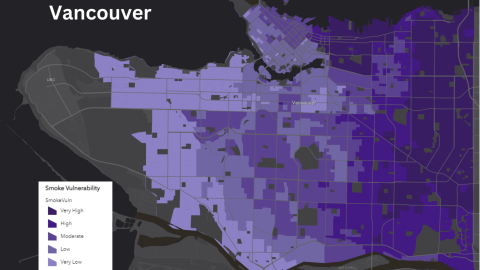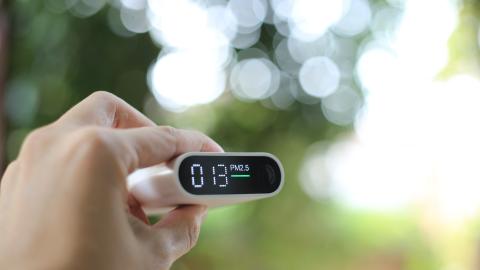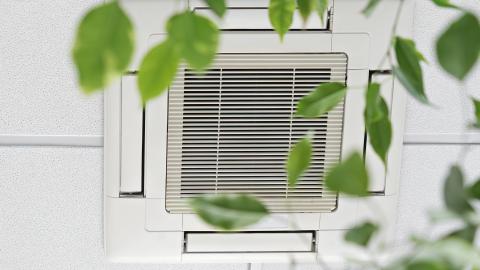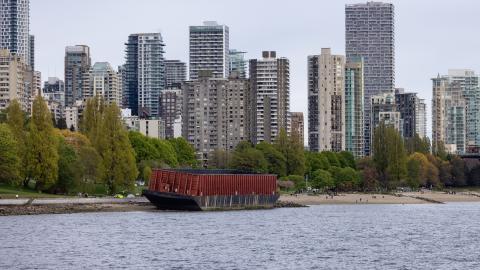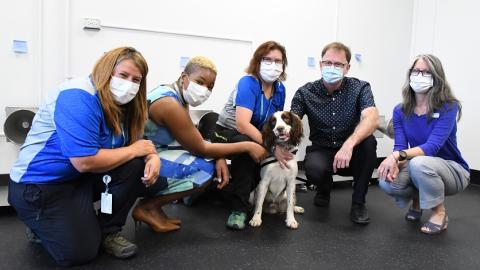Press release
Vancouver Coastal Health update on extreme heat conditions
Vancouver, B.C. – As a heat warning remains in place across B.C., Vancouver Coastal Health (VCH) continues to encourage residents in our region to take precautions to stay safe. There are a number of measures people can take to cope with the current warm weather, including;
-
Staying hydrated, drinking cold non-alcoholic liquids
-
Remaining indoors when possible, and taking a cool bath or shower
-
Plan outdoor activities before 10 a.m. or after 6 p.m.
-
Wear lightweight, light coloured and loose-fitting clothing
-
Wear a broad-spectrum sunscreen with SPF 30 or higher on exposed skin if outdoors
Access public facilities to cool down
At this time, risks from extreme heat exceed the risks posed by COVID-19.
For those who require a break from the heat, cooling centres have been established across communities in our region where residents can rest in an air conditioned environment. Due to the current heat advisory, no one should be denied access to these public centres because of any concerns regarding crowding or physical distancing.
Those who are wearing a mask and have difficulty breathing are advised to remove their mask, whether they are indoors or outside, as wearing a mask may impact our ability to cool ourselves down during extreme heat.
Municipal government in many communities have posted guidance on their websites and social media channels on how residents can access cooling centres and other ways they can remain safe during this extreme heat, including: City of North Vancouver, Gibsons, North Vancouver, Pemberton, Powell River, Richmond, qathet, Squamish, Sechelt, Sunshine Coast, Vancouver, West Vancouver and Whistler.
Regularly check on vulnerable neighbours and friends
While everyone is at risk of heat-related illness, hot temperatures can be especially dangerous for young children, the elderly, those working or exercising in the heat, persons with chronic heart and lung conditions, persons with mental illness, people living alone and people experiencing homelessness.
VCH is advising residents to regularly check in on neighbours and friends who may require additional support during this extreme weather, as their condition can change rapidly.
Accessing care during the heat warning
VCH appreciates the understanding of residents as our acute and community care sites adapt their operations to meet the healthcare needs of patients as efficiently and safely as possible. This includes increasing capacity, reducing congestion, and improving the flow of patients at sites that have experienced a surge in heat-related illnesses.
As emergency departments are experiencing an increase in those accessing care for heat-related conditions, VCH is advising residents to choose the right care at the right place.
For critical, life-threatening conditions, please call 9-1-1 or go to the nearest emergency department. This includes anyone experiencing difficulty breathing, shortness of breath or chest pain. Heat stroke symptoms include high body temperature, dizziness or fainting, confusion, lack of coordination and very hot and red skin. As heat stroke is a medical emergency, do not delay in seeking immediate medical attention if you experience these symptoms. UPCCs have resources in place to care for mild to moderate heat stroke symptoms. However, if you are unsure where to seek care, please call 8-1-1 or your family physician.
For other non-life-threatening matters, there are a number of options to seek care during the summer. Urgent and Primary Care Centres (UPCCs) are open evenings and weekend, seven days a week and provide care for unexpected, non-life threatening health concerns that require treatment within 48 hours. For information on the care provided at these sites and to find the nearest UPCC to you, visit the VCH website.
Vancouver Coastal Health (VCH) is responsible for the delivery of $4.1 billion in community, hospital and long-term care to more than one million people in communities including Richmond, Vancouver, the North Shore, Sunshine Coast, Sea to Sky corridor, Powell River, Bella Bella and Bella Coola. VCH also provides specialized care and services for people throughout B.C., and is the province's hub of health-care education and research.
Contact
VCH media line
604-202-2012



